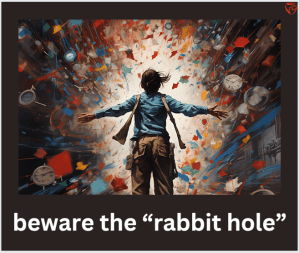ADJUSTING, FITTING IN, and CONTRIBUTING

oining a new organization can be both exciting and nerve-racking at the same time. Everyone wants to adjust, fit in, and begin making a contribution as soon as possible. Many people, myself included, can struggle with finding that sense of belonging. Everyone knows what they want to do, just finding the “how” to make that happen is what is difficult.








